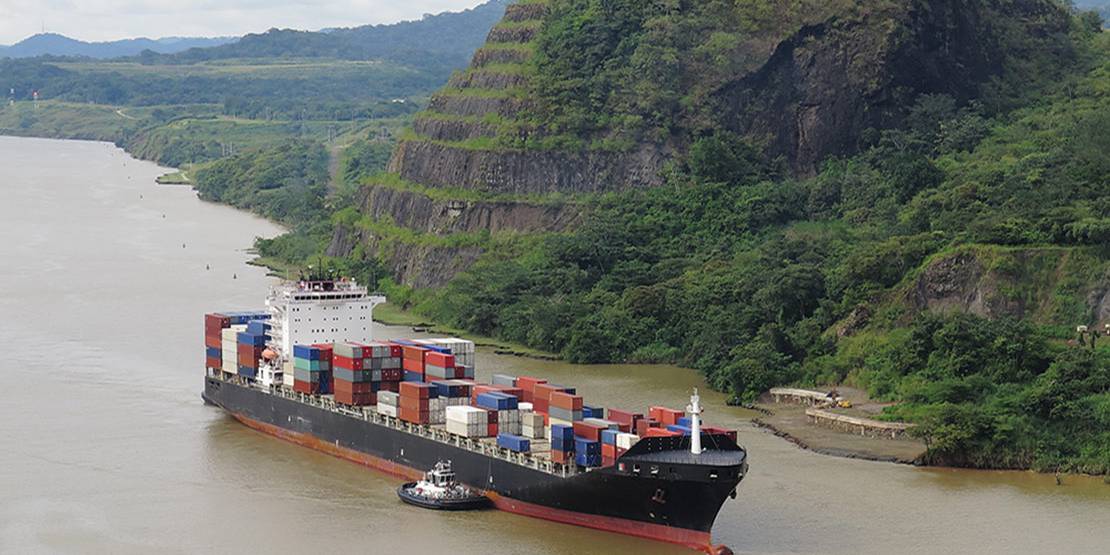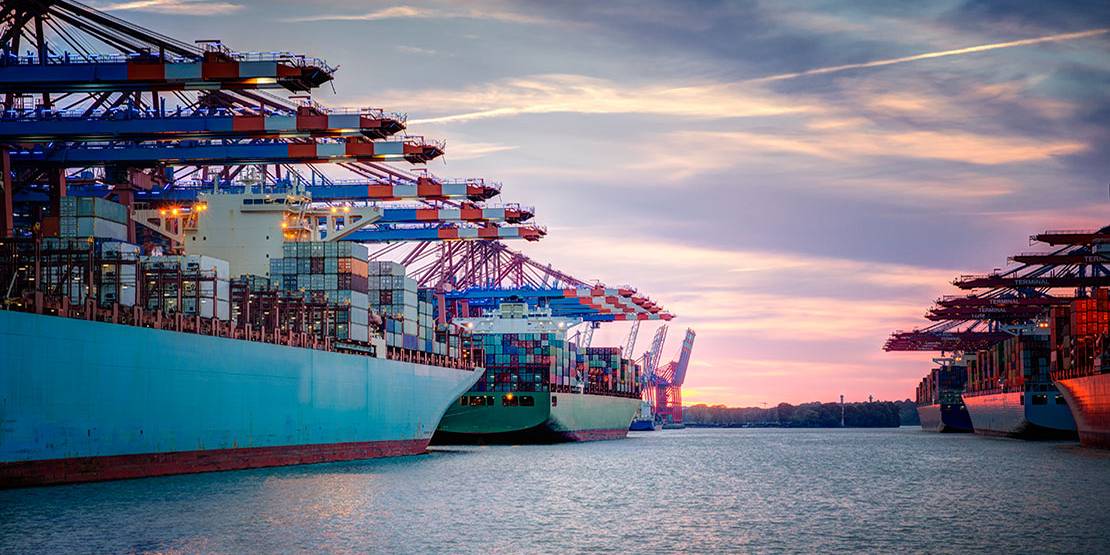An ocean freight reform bill has passed its first test in congress, after receiving a convincing 364 votes (against 60) in the US House of Representatives.
The bill, which should provide the Federal Maritime Commission (FMC) with a toolkit to regulate carriers more, now needs final approval from the Senate.
The reform is aimed at addressing global supply chain challenges that originally stemmed from the pandemic, by protecting exporters, importers, and consumers from what it suggested were unfair practices from carriers.
The key components include:
- establishing reciprocal trade to promote U.S. exports as part of the Federal Maritime Commission’s (FMC) mission;
- requiring ocean carriers to adhere to minimum service standards that meet the public interest, reflecting best practices in the global shipping industry;
- require ocean carriers or marine terminal operators to certify that any late fees —known in maritime parlance as “detention and demurrage” charges—comply with federal regulations or face penalties;
- shifting the burden of proof regarding the reasonableness of “detention or demurrage” charges from the invoiced party to the ocean carrier;
- prohibiting ocean carriers from declining opportunities for U.S. exports unreasonably, as determined by the FMC in new required federal rulemaking; and
- requiring ocean common carriers to report to the FMC each calendar quarter on total import/export tonnage and twenty-foot equivalent units (loaded/empty) per vessel that makes port in the United States.
Should the bill be passed in the Senate, which seems likely, the role of the FMC looks set to be pivotal – as it was 20+ years ago, when the FMC played a much larger role in regulating and controlling ocean rates, which have spiralled this year.
At Westbound Logistics we pride ourselves in offering personalised and tailored logistics solutions. To find out more please call 01375 800800 or email info@westboundglobal.com.



